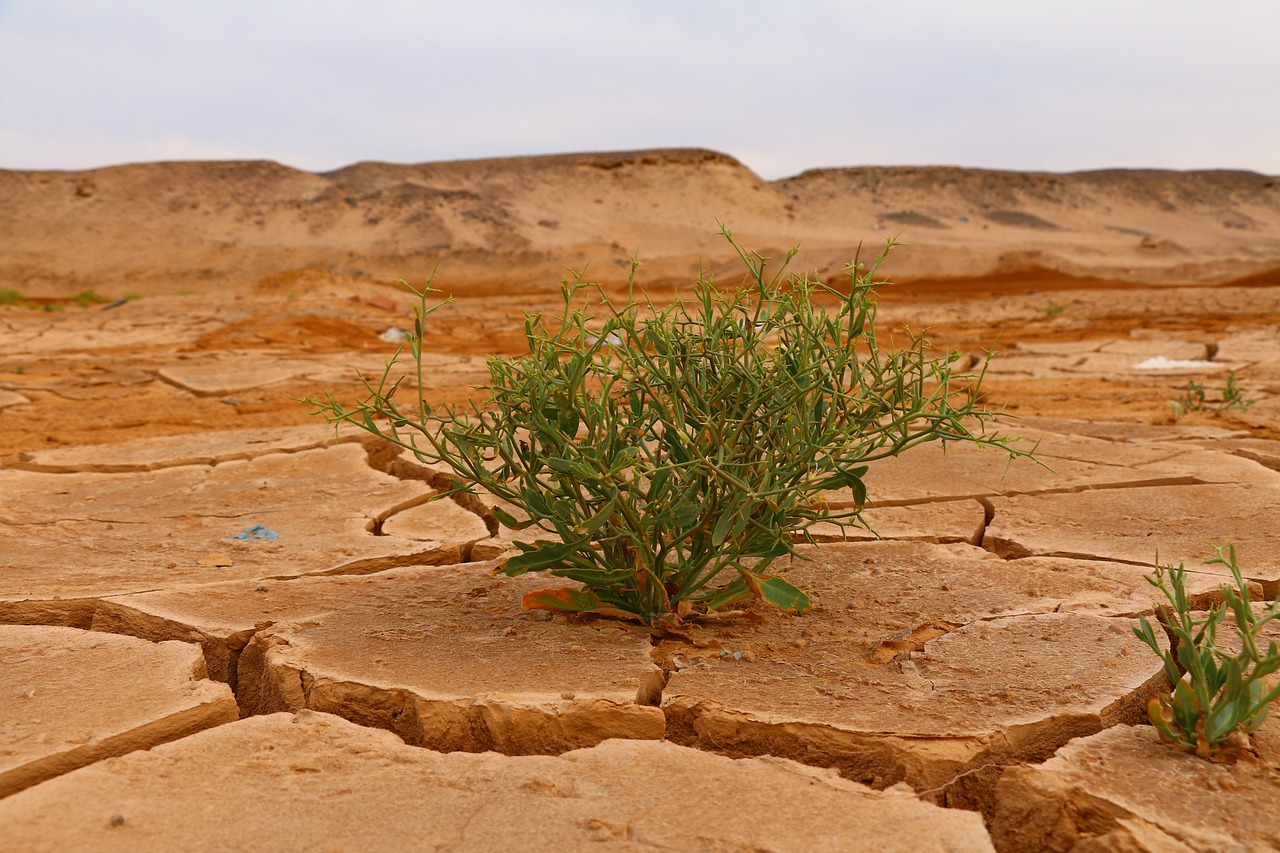
A Special Report on Climate Change was released at the UN Inter-government panel on Climate Change(IPCC) on Thursday. This report focuses on greenhouse gases, land use, sustainable land management, desertification, land degradation and food security.
The IPCC report details how human activity is degrading the planet, with the “rise in global temperatures, linked to increasing pressures on fertile soil, [which risks] jeopardizing food security for the planet.”
According to the report, human degradation affects roughly a quarter of the Earth’s ice-free land, and those living in areas that are already degraded or desertified are increasingly negatively affected by global warming.
The effects of global warming, and the conditions that cause it have led to “shifts of climate zones in many world regions.” These shifts can exacerbate the land degradation process, which has been brought on by human activity, leading to extreme weather conditions such as floods and droughts.
Climate change, and these extreme conditions, are affecting food security with the “stability of food supply projected to decrease as the magnitude and frequency of extreme weather events [which] disrupt [the] food chains increases.” Other effects of climate change include increased displacement and threatened livelihoods.
Asia and Africa are projected to have the highest number of people vulnerable to increased desertification. North America, South America, Mediterranean, southern Africa and central Asia may be increasingly affected by wildfire. The tropics and subtropics are projected to be most vulnerable to crop yield decline. Land degradation resulting from the combination of sea level rise and more intense cyclones is projected to jeopardize lives and livelihoods in cyclone prone areas. Within populations, women, the very young, elderly and poor are most at risk.
These populations are already experiencing the predicted effects of climate change. The UN Refugee Agencyaddressed “disaster-based displacement,” stating that people in climate hot spots are “being forcibly displaced from their homes by the effects of climate change and disasters.”
The IPCC report also provides immediate potential responses to climate change through which these effects can be mitigated, weighing the factors of each response and the issues that they address. “[M]ost of the response options contribute positively to sustainable development and other societal goals.” These responses require changing the way we use land, including focusing on reforestation, afforestation, reduced deforestation and bioenergy.
The goal is to limit global warming to 1.5 degrees, which would enable the removal of carbon dioxide from the atmosphere. Reducing greenhouse gases will be essential in limiting global warming.
The report calls on policy makers to address the very real issues of climate change, with one expert stating that ‘the capacity to adapt is limited,’ and we must be proactive in addressing the cause and effects of global warming.